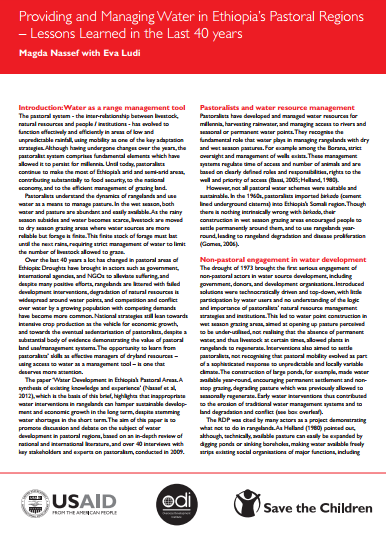Location
About Us
We envision a world in which land governance systems, both formal and informal, are effective, accessible, and responsive for all. This is possible when land tenure and property rights are recognized as critical development issues and when the United States Government and its development partners demonstrate consistent attention and a firm commitment to supporting coordinated policies and programs that clarify and strengthen the land tenure and property rights of all members of society, enabling broad-based economic growth, gender equality, reduced incidence of conflicts, enhanced food security, improved resilience to climate change, and effective natural resource management.
Mission Statement
The USAID Land Tenure and Resource Management (LTRM) Office will lead the United States Government to realize international efforts—in accordance with the U.S. Government’s Land Governance Policy—to clarify and strengthen the land tenure and property rights of all members of society—individuals, groups and legal entities, including those individuals and groups that are often marginalized, and the LTRM Office will help ensure that land governance systems are effective, accessible, and responsive. We will achieve this by testing innovative models for securing land tenure and property rights and disseminating best practice as it relates to securing land rights and improving resource governance within the USG and our development partners.
Members:
Resources
Displaying 256 - 260 of 440Land Tenure, Property Rights and Gender
The limited research on the benefits of women gaining secure rights to land and property suggest positive results: an increase in women’s participation in household decision-making; an increase in net household income; a reduction in domestic violence; an increased ability to prevent being infected by HIV/AIDS; and increased expenditures on food and education for children. Understanding the complexity surrounding women’s land rights is critical to ensuring that those rights are protected and improved.
Providing and Managing Water in Ethiopia’s Pastoral Regions – Lessons Learned in the Last 40 years
Introduction: Water as a range management tool The pastoral system - the inter-relationship between livestock, natural resources and people / institutions - has evolved to function effectively and efficiently in areas of low and unpredictable rainfall, using mobility as one of the key adaptation strategies. Although having undergone changes over the years, the pastoralist system comprises fundamental elements which have allowed it to persist for millennia.
USAID Magazine FrontLines Profiles PRADD Project in Recent Issue
The article "From Blood Diamonds to Fishponds: Land-Rights Project for Central African Republic Miners Has Ripple Effect" describes the successes of a project led by USAID's Land Tenure Unit.
Property Rights Reform Makes Progress in Timor Leste
Update on Land Administration and Policies in Asia/Pacific
Celebrating International Women's Day in the context of Land Tenure
Remarks by Gregory Myers, during negotiations for the Voluntary Guidelines for Responsible Governance of Tenure of Land, Fisheries, and Forests on March 8, 2012 Ministers, Excellencies, honorable representatives of member countries, civil society participants and guests: This morning we begin our session with recognition of International Women’s Day. Each year the United Nations declares an International Women's Day theme.



